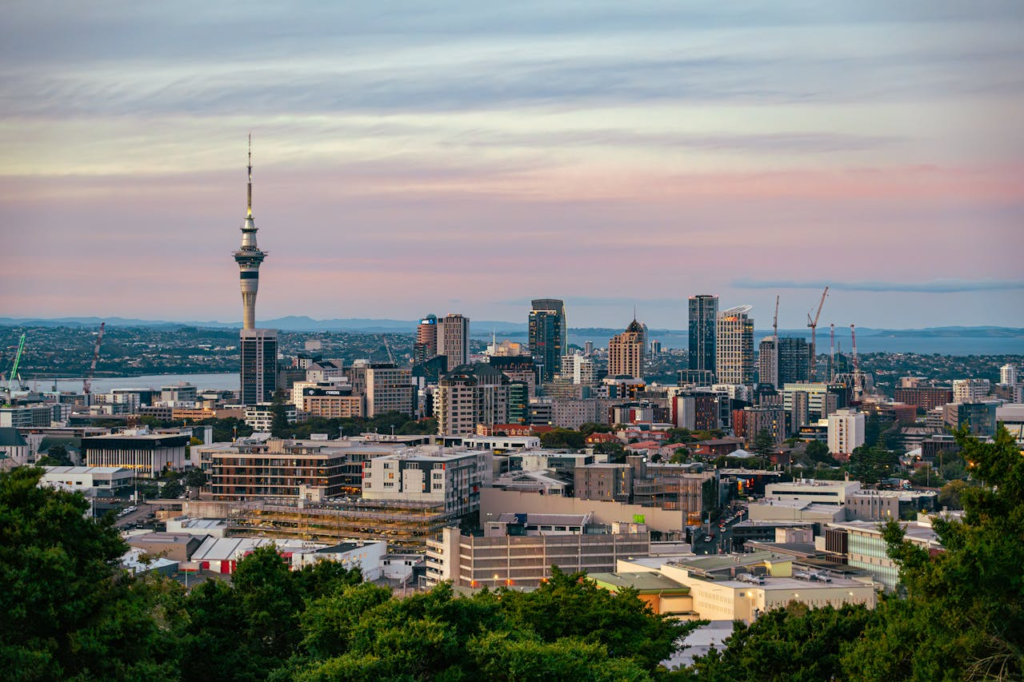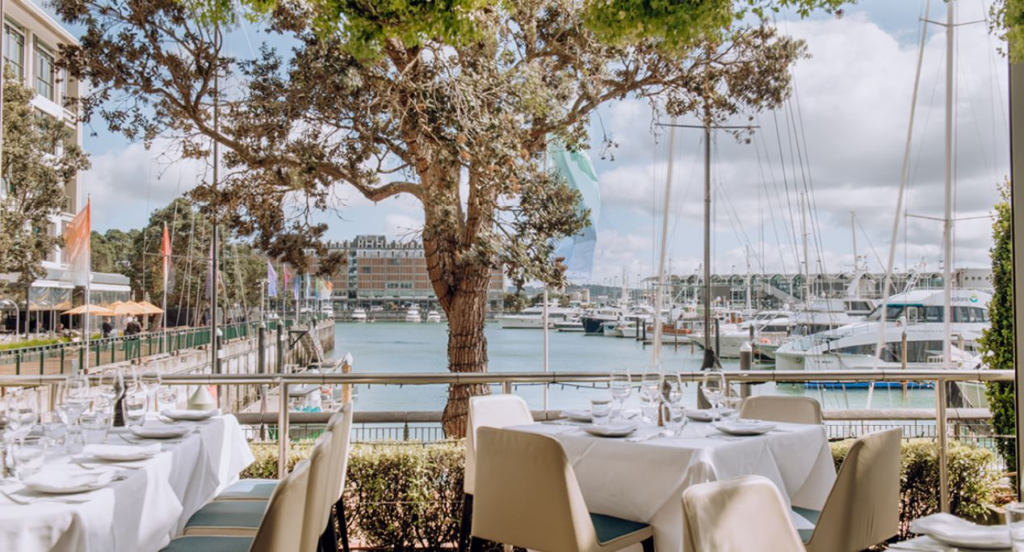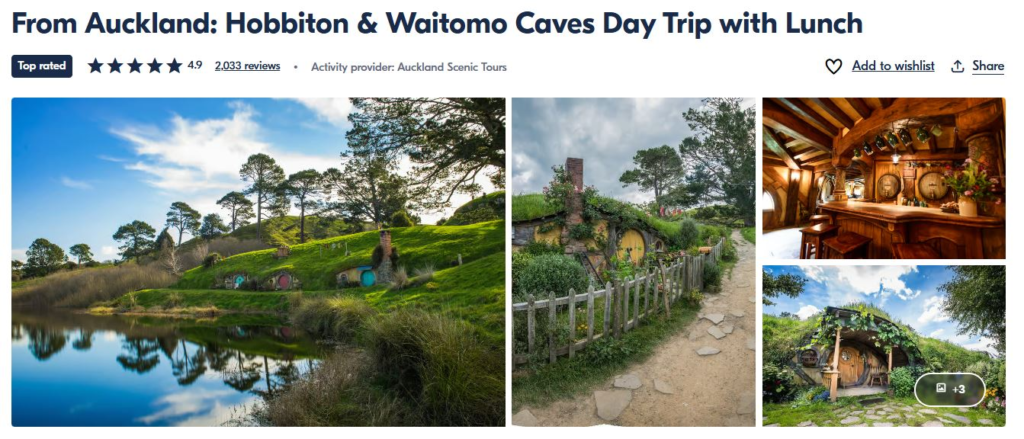Planning a trip to Auckland? Understanding the best times to visit can transform your experience, helping you enjoy ideal weather, vibrant festivals, and top attractions at their best. This expert guide offers a detailed month-by-month overview of the climate, key events, top venues, air quality, and UV levels, so you can plan your perfect New Zealand getaway.
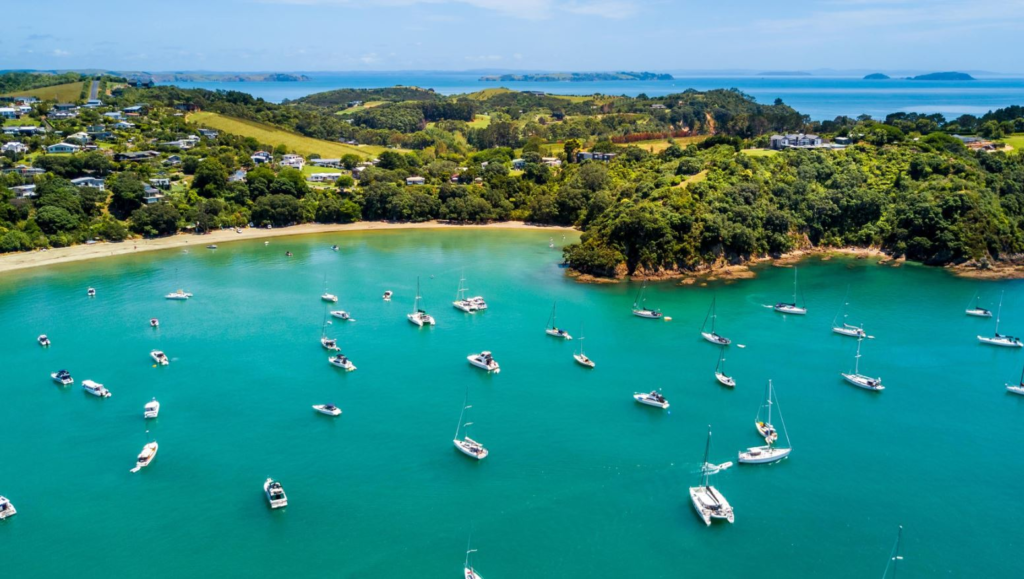
Auckland’s Climate: What Travellers Should Know
Auckland has a mild oceanic climate with temperate seasons. Summers (December to February) are warm and pleasant with average highs around 20–24°C, while winters (June to August) are cooler and wetter, with average highs around 14–15°C. The city receives relatively consistent rainfall throughout the year, averaging about 1,200 millimetres annually. July is typically the wettest month, while February tends to be the driest.
Humidity is moderate and the sea temperature ranges from about 15°C in winter to 21°C in late summer, making water activities more enjoyable in the warmer months. UV levels are highest in the summer months, often reaching very high, so sun protection is important year-round.
Air quality in Auckland is generally very good, with occasional variation during winter months due to regional factors.
When Does Auckland Get the Most Rain?
Auckland’s rain is spread across the year but shows a clear winter peak. The coldest months, June, July, and August, tend to be the wettest with July often seeing around 145mm of rain over approximately 16 days. Summer months like January and February are the driest and sunniest, making them very attractive for outdoor activities.
For travellers:
Summer (December to February) offers the best weather for beach visits, outdoor festivals, and hiking. Winter months, while cooler and wetter, can still be enjoyable with indoor cultural and culinary experiences.
Temperature, Heat & UV — What to Expect
Auckland is mild year-round, with summer temperatures gently peaking around 24°C and winter lows rarely dropping below 8°C overnight. The UV index rises sharply in the summer, frequently reaching very high levels, so sun protection is essential during this period.
Travel tip:
Prepare for fluctuating weather by layering clothes in cooler months. In summer, use sunscreen, wear hats, and stay hydrated to prevent sunburn and heat exhaustion.
Air Quality in Auckland
Auckland generally enjoys good air quality all year, thanks to relatively low pollution levels and steady coastal breezes. AQI levels mostly remain “good” but can occasionally fluctuate during winter due to domestic heating and local traffic.
Sensitive travellers:
If you have respiratory conditions, monitor local air quality reports during winter months and adjust your plans accordingly.
| Jan | Feb | Mar | Apr | May | Jun | Jul | Aug | Sep | Oct | Nov | Dec | |
|---|---|---|---|---|---|---|---|---|---|---|---|---|
| ☀️ Day (°C) | 23.6 | 24.1 | 22.6 | 19.9 | 17.5 | 15.2 | 14.4 | 14.9 | 16.4 | 17.6 | 19.4 | 21.7 |
| 🌙 Night (°C) | 16.6 | 17.0 | 15.5 | 13.1 | 11.3 | 9.2 | 8.2 | 8.8 | 10.2 | 11.7 | 13.2 | 15.3 |
| 🌧️ Rain (mm) | 75 | 65 | 85 | 100 | 120 | 125 | 145 | 120 | 100 | 90 | 69 | 82 |
| 💧 Humidity (%) | 77 | 77 | 77 | 80 | 84 | 85 | 85 | 83 | 81 | 79 | 78 | 78 |
| 🔆 UV | High | High | Moderate | Moderate | Moderate | Moderate | Low | Low | Moderate | Moderate | High | High |
| 🌬️ AQI | Good | Good | Good | Good | Good | Good | Good | Good | Good | Good | Good | Good |
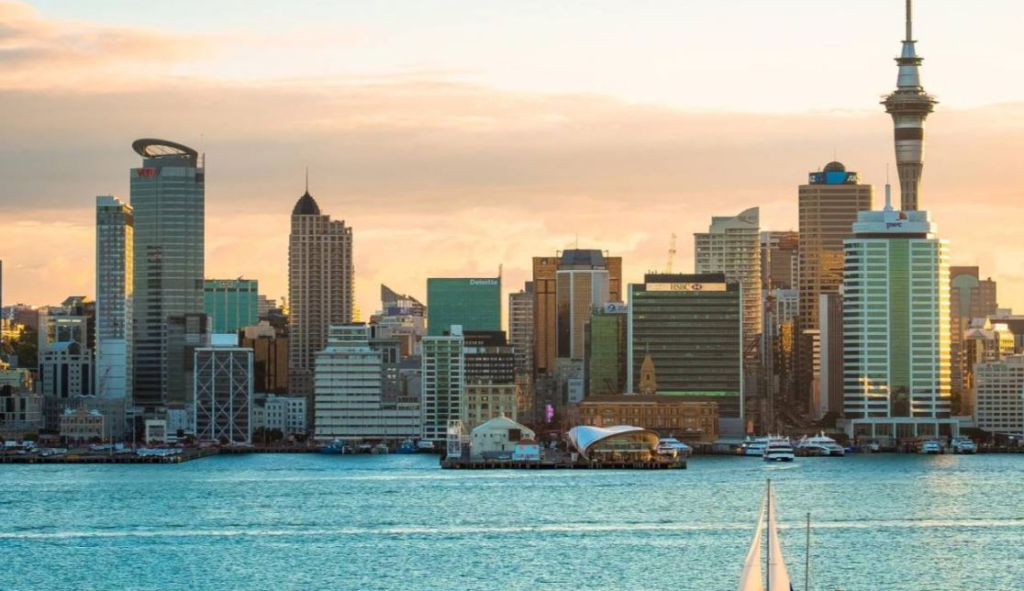
Top Festivals & Events: Experience Auckland’s Vibrancy
-
BNZ Auckland Lantern Festival (Feb): Celebrated with vibrant lights, cultural performances, and street food, marking Lunar New Year.
-
Pasifika Festival (March): A lively celebration of Pacific Island cultures featuring food, music, and traditional dance.
-
Auckland Diwali Festival (October/November): The city’s biggest Indian cultural festival, bright with lights, music, and food markets.
-
Moana Auckland Ocean Festival (January): Celebrates Auckland’s connection to the sea with arts, performances, and marine events.
-
Rhythm and Vines (December): A famous music festival held just outside Auckland, drawing big crowds with international and local acts.
Top Attractions: When to Visit for the Best Experience
-
Sky Tower: Visit any clear day, but sunset views are particularly special. Weekend evenings can be crowded; weekdays offer a quieter experience.
-
Auckland War Memorial Museum: Perfect for rainy or cooler days; indoors with rich Maori and New Zealand history displays.
-
Waiheke Island: Best in late spring to early autumn for vineyard tours, beaches, and outdoor dining.
-
Auckland Domain & Wintergardens: A tranquil retreat with gardens and greenhouses; delightful in spring and summer.
-
Mission Bay: Popular summer spot for waterside dining and beach activities; summer weekends will be busiest.
Luxe2Local Month-by-Month Travel Guide for Auckland
| Month Range | Best For | Considerations |
|---|---|---|
| Dec–Feb | Warmest weather, festivals, beaches | Higher prices, crowded events |
| Mar–May | Mild temperatures, cultural festivals | Rain increases gradually |
| Jun–Aug | Cooler weather, museums & indoor activities | Wettest months, fewer tourists |
| Sep–Nov | Spring blooms, outdoor activities | Variable weather |
Practical Travel Tips
-
Pack versatile clothing for layering during cooler months.
-
Always include a rain jacket and umbrella due to Auckland’s variable weather.
-
Use sun protection in summer—even on cloudy days, UV levels can cause sun damage.
-
Book ahead for popular events and summer holidays to secure accommodation.
-
Use Auckland’s efficient public transport for easy access across the city and surrounding attractions.
Final Thoughts
Auckland’s charm lies in its year-round appeal—whether you prefer sunny beaches in summer or rich cultural events in shoulder seasons, this city offers something for every traveller. Armed with detailed climate insights and a festival calendar, you can now pick the ideal time to enjoy Auckland’s unique blend of nature, culture, and city life.

